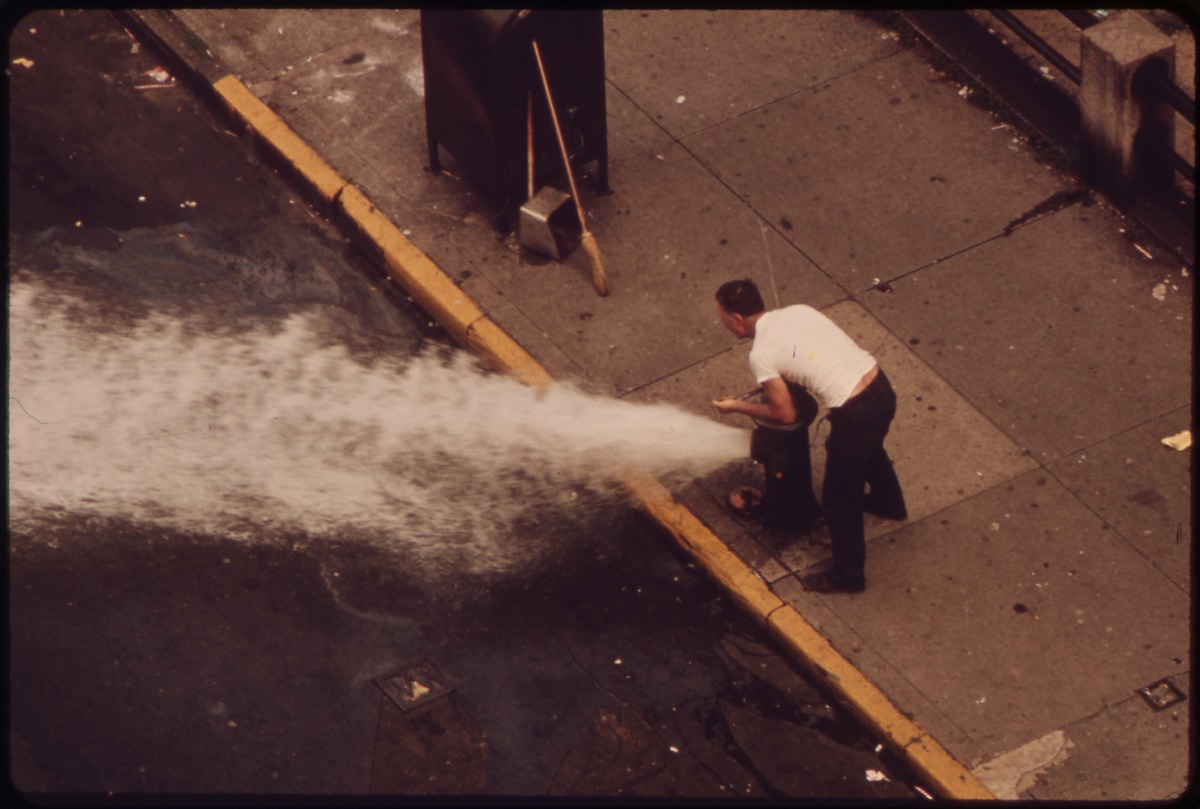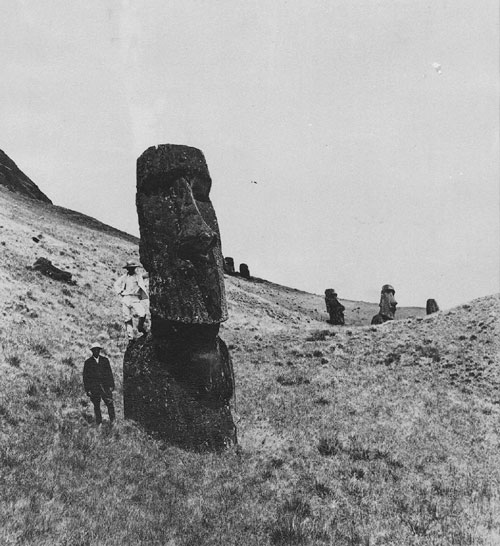It seems almost impossible that the United States uses less water than it did 45 years ago, but that’s the finding of the Pacific Institute. Growing population and villages of computer servers that need constant cooling would suggest we’re thirstier than ever, but in addition to improved conservation methods, globalization and outsourcing have played roles in the apparent reduction. From Brad Plumer at Vox:
“The US economy keeps expanding and the population keeps growing. But we actually use less water now for all purposes than we did back in 1970. That includes freshwater for our showers and toilets. It includes farm irrigation. It also includes withdrawals of both fresh and saline water to cool our fossil fuel and nuclear power plants.
The underlying data comes from a new report by the US Geological Survey, which notes that water for power plants (45 percent) and irrigation (33 percent) still made up most water withdrawals in the US as of 2010. But use in both of those areas has been declining over time.
Some of the credit goes to major efficiency gains: Power plants have implemented more efficient cooling systems that either recirculate water or use ‘dry’ cooling. More and more farmers are turning to drip irrigation and other efficient watering methods (though this is far from universal). Inside homes, toilets and showers have become much more efficient. And recycling of wastewater has become more common in some cities.
But that’s not the whole story: The USGS also notes that some manufacturing facilities that once used a fair bit of water for industrial purposes have moved overseas.”



